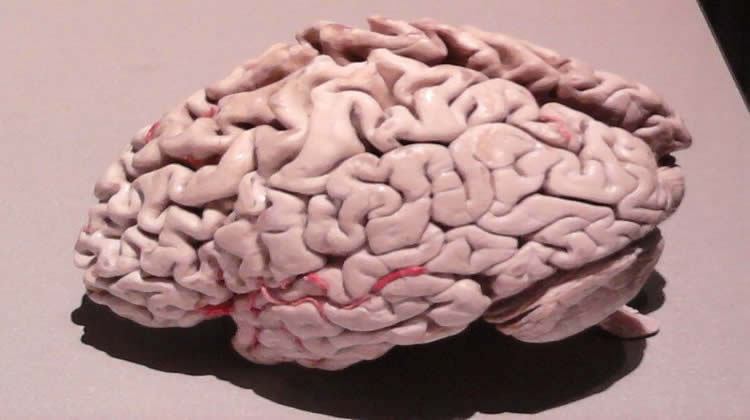Summary: According to researchers, people who consider themselves to be recreational cocaine users may be closer to addiction than they think. Source: McGill University. Non-dependent users also experience dopamine release in response to drug cues. Even among non-dependent cocaine users, cues associated with consumption of the drug lead to dopamine release in an area of the brain thought to promote compulsive use, according to researchers at McGill University. The findings, published in Scientific Reports, suggest that people who consider themselves recreational users could be further along the road to addiction than…
Read MoreCategory: Brain
Parkinson’s May Begin in Gut and Spread to the Brain Via the Vagus Nerve
A major epidemiological registry-based study from Aarhus University and Aarhus University Hospital indicates that Parkinson’s disease begins in the gastrointestinal tract; the study is the largest in the field so far. The chronic neurodegenerative Parkinson’s disease affects an increasing number of people. However, scientists still do not know why some people develop Parkinson’s disease. Now researchers from Aarhus University and Aarhus University Hospital have taken an important step towards a better understanding of the disease. New research indicates that Parkinson’s disease may begin in the gastrointestinal tract and spread through…
Read MoreNew Culprit in Alzheimer’s Disease Development Identified
Findings may influence strategies for treatment. A recent study conducted at Nathan S. Kline Institute for Psychiatric Research (NKI) and NYU Langone Medical Center implicates a new culprit in Alzheimer’s disease development. The research reveals that ßCTF — the precursor of the amyloid beta (Aß) peptide — acts at the earliest stage of Alzheimer’s to initiate a range of abnormalities leading to the loss of groups of neurons critical for memory formation. Results from the study are published online July 21, 2015 in the journal, Molecular Psychiatry, and the article has…
Read More


